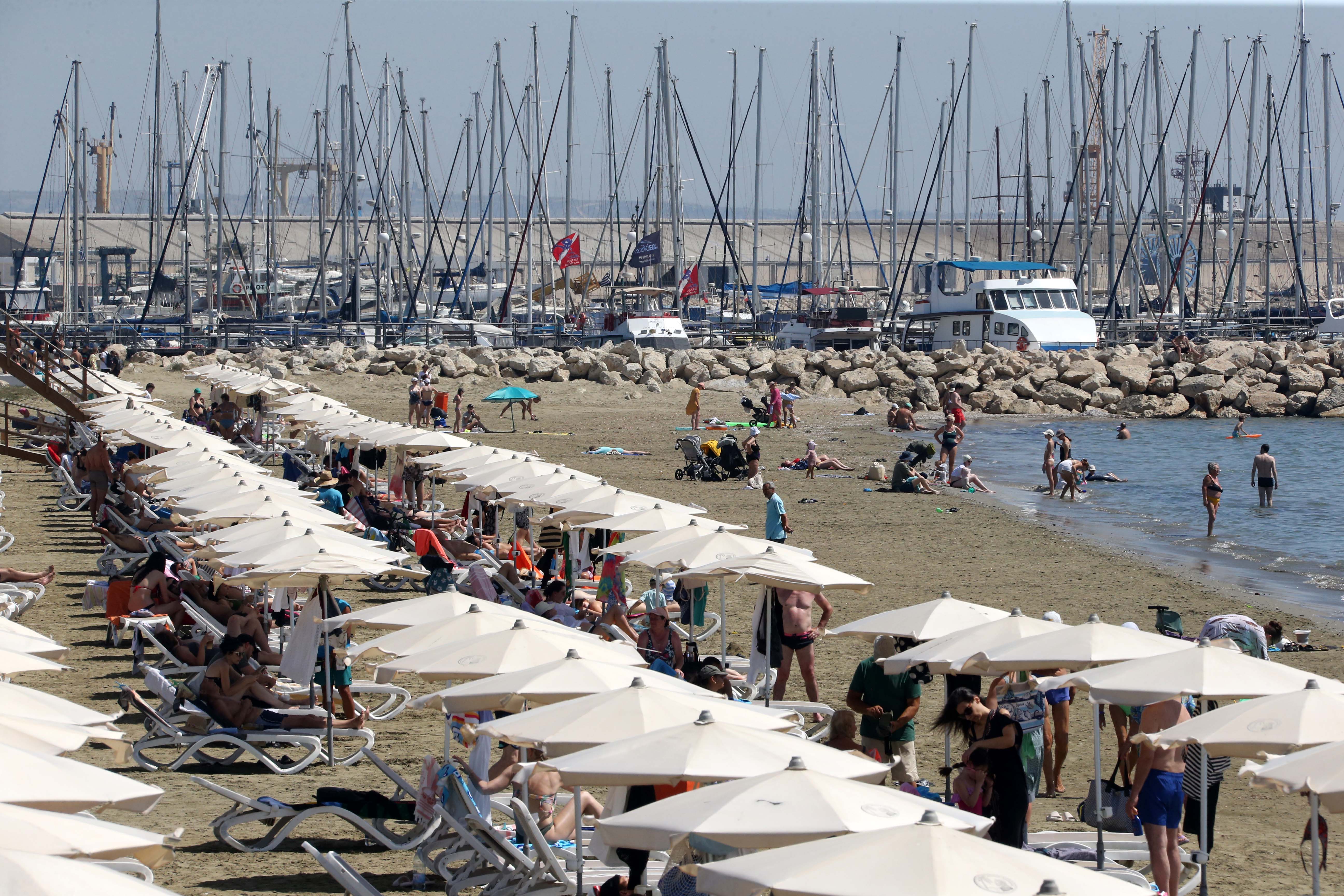A total of 13 hotels have applied to the government to have small desalination units of their own installed on their premises, agriculture ministry permanent secretary Andreas Gregoriou said on Monday.
He told business news website Stockwatch that of those 13 applications, six have already been evaluated and approved, while his ministry is still evaluating the other seven.
The scheme allows for hotels, local authorities, and farmers who own coastal plots to install small, private desalination units which produce up to 1,500 cubic metres of water per day.
It has been in force since March and was allocated a budget of €3 million.
Earlier in the year, Deputy Tourism Minister Costas Koumis had said the scheme “gives hotel businesses … the right to become self-sufficient and reduce the cost of water per tourist unit, with all that entails in terms of competitiveness”.
At the same time, he said, the scheme aims to “reduce the burden on the state’s existing water supply”.
Last week, Agriculture Minister Maria Panayiotou had told the House finance committee that the government plans to cover Cyprus’ entire drinking water supply with desalinated water.
She said the government wishes to “end the use of desalination plants as a reserve or on a case-by-case basis”, and thus free up water from the island’s reservoirs to be used for irrigation.
“We are giving a future to our agriculture by ending the insecurity,” she said.
To this end, she said that “at least three” more mobile desalination units are to be installed soon, near the Limassol district village of Episkopi, near the Larnaca district village of Vasiliko and in the Famagusta district.
She said that those three new units would produce 77,000 cubic metres of water per day, before saying that the government also intends to install permanent desalination units in the Famagusta district and in the east of the Limassol district.
She later said that by January, all four desalination unit projects which had been announced by the government earlier this year will be “fully operational”, including those imported from the United Arab Emirates during the summer, adding “at least 47,000 cubic metres per day” to Cyprus’ drinking water supply.
However, not everyone has been impressed by the government’s direction of travel with regard to the issue of water.
Coastal engineer Xenia Loizidou had earlier this year slammed the government’s plan to import mobile desalination plants as an “incoherent panic solution”.
She said the units are “of course a solution”, but that “to really solve the water problem, the first thing which needs to be done is to invest in infrastructure and proper management of uses”.
This, she said, must entail there being “no lawns and golf courses” and an “adaptation” of crops to plant those which are less water intensive.
“If with two accidents, Mavrokolympos and Kouklia, the entire state planning collapses, then we are clearly a country which is defenceless and this water policy has failed over time,” she said, referring to the draining of the Mavrokolympos reservoir and a fire at a desalination plant in the village of Kouklia.
Since then, the Mavrokolympos reservoir and the Kouklia desalination plant have both been reopened.






Click here to change your cookie preferences